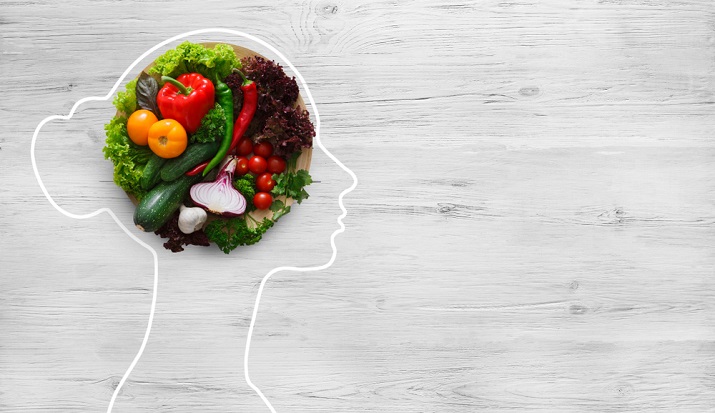
It is a reality that the main and fundamental key to good health is to eat a healthy, balanced and varied diet. However, this evidence can be taken to an extreme where it ends up turning against those who are most concerned about their diet, and it can become an obsession, something detrimental to physical and mental health. . The need to eat a healthy diet free of any type of nutrient considered harmful to the body can become a obsessive compulsive disorder called “orthorexia”.
A person suffering from orthorexia goes on a very restrictive diet, avoiding at all costs foods that carry not only fats, or sugars, but also preservatives, dyes or other components that are unhealthy. A disorder that shares similarities with bulimia and anorexia and can be just as dangerous, Since this passion for law can lead to the opposite: serious health problems due to lack of essential nutrients, in the absence of healthy fats, for example, which provide essential vitamins such as vitamin D and otherwise would weaken the system immunological.
Rapid weight loss, fatigue, fainting
“This disorder usually results in very rapid and pronounced weight loss, lack of energy and fatigue (even so it determines the time to plan and organize your diet) and increased ease of injury, coupled with excessive sport without being well nourished, “says nutritionist Verónica Velasco of BluaU de Sanitas. Even in very extreme and prolonged cases over time, orthorexia has resulted in health problems that have required surgical interventions.
“There are cases where the subject ends up fainting and controlled hydration treatments should be performed to regulate ion levels or implant nasogastric feeding probes or percutaneous endoscopic gastrostomies,” explains Dra. Cecilia Sanz García, Digestive System Specialist at Sanitas la Moraleja University Hospital.
They seek to improve health obsessively
This restrictive diet will be reflected in behaviors that seek to improve health obsessively: Spend more than three hours a day thinking about the diet of the day, meal planning rigidly having the need to control each food composition, portion and combination between them and; very high sense of guilt if one skips any of their dietary requirements. “At a psychological level, it registers a series of fairly marked patterns of behavior that clearly affect their ability to have balanced social coexistence,” explains Raquel Velasco de el Castell, a psychologist at BluaU de Sanitas. That is, it usually results in social isolation caused by its food rigidity.
Dangerous physical and mental health consequences
Very dangerous physical and psychological consequences that must be detected and treated as soon as possible by physical and mental health professionals. Solutions to this disorder are often found in the field of psychology. Treatment will seek to detect the origin of this disorder, many of them closely related to obsessive-compulsive disorder.
“Once we have detected the problem, the treatment, which in any case must be multidisciplinary, will be the raising patient awareness of the nutritional and social risks of maintaining these strict habits and a therapeutic intervention will be performed to provide the person with the ability to flex their guidelines by achieving true healthy habits, “adds the psychologist from BluaU de Sanitas. Although psychological work is necessary to overcome orthorexia, it requires of the support of the social and family environment. “Loved ones will be a very valuable resource of accompaniment and help for the patient always guided by the advice of health professionals who are working with the patient.”, He concludes. D In this way, he will gradually manage the problem of orthorexia and restore his quality of life and social life.